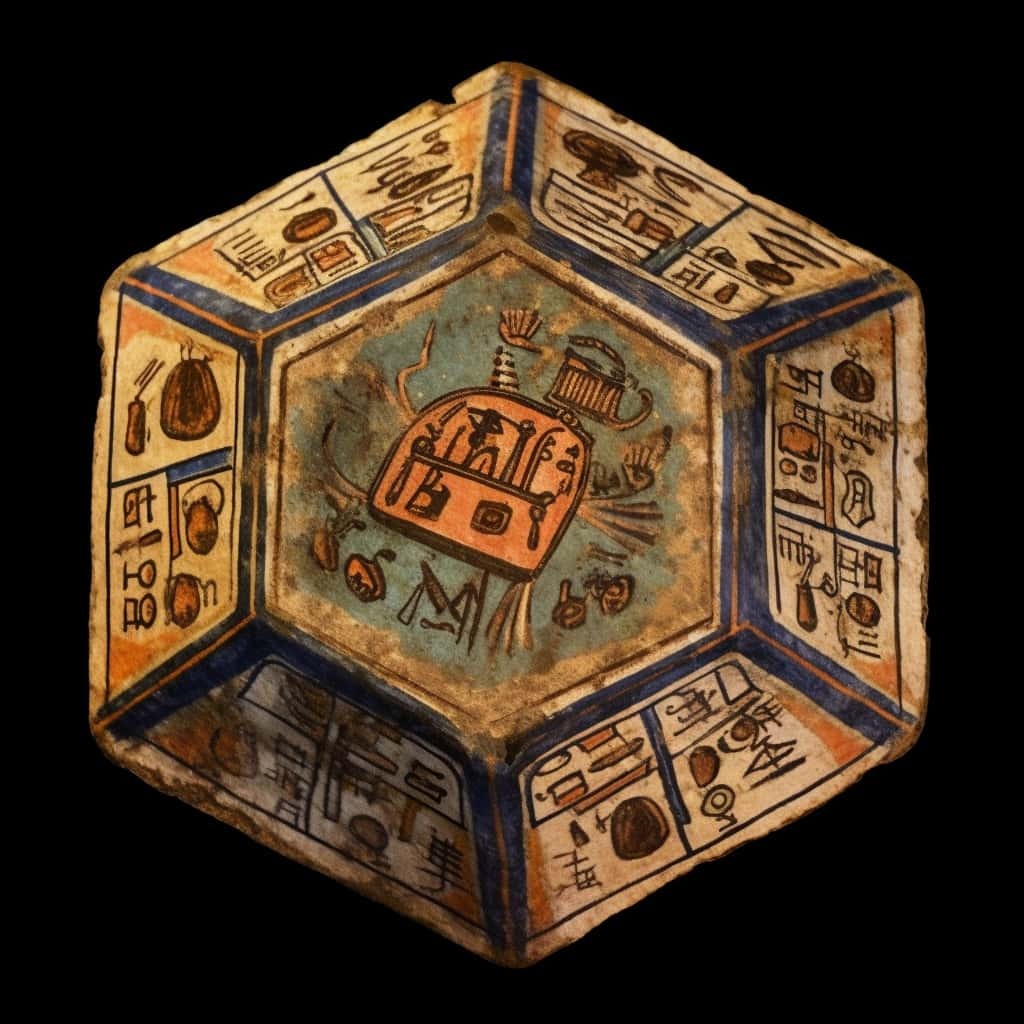The problem was not “old school” games. The problem was random, arbitrary, capricious rulings made while running an “old school” game.
Yes a good example is Judges Guild’s Ready Ref Sheets - Everything right and wrong about Old Skewl Gaming.
I was told a long time ago a good DM learns from their beats and does not repeat the same mistakes every session. Always be open to learning new things. This applies to rullings.
First Question you must ask yourself is - What does this ruling do to my next session? Is this going to be a precedent?
2nd Question is - Do the rules already cover this?
3rd Question is - Do I even need a ruling? Can I just postpone this? Players often see every combat round as do or die. Attrition will catch up? Delay tactics can pay dividends. In essence the ruling is a delay tactic. It postpones having to put a rule in writing and make it permanent. It can be corrected and changed much easier than a written rule.
Guess I was lucky as a player and later GM that one of my early DM’s was a Black Jack Dealer. He taught me a lot about the house odds. How to spot the hot player and the cold player. You want to go with the cold player if you want the house to win. If you want the players to win. Go with the hot player. If you are running a campaign. Then you want a next session so guess which player you go to? Yes the hot player.
However if you ignore the cold player they will quickly leave the table complaining about bad luck. So you gotta give them teasers. You have to keep everyone involved and betting. That is what it is. The players are betting they can win against a stacked house. You sit there struggling to get them to the next session. Don’t taken attrition and apathy for granted. As GM / DM you have to show them that they have a spark of hope.


